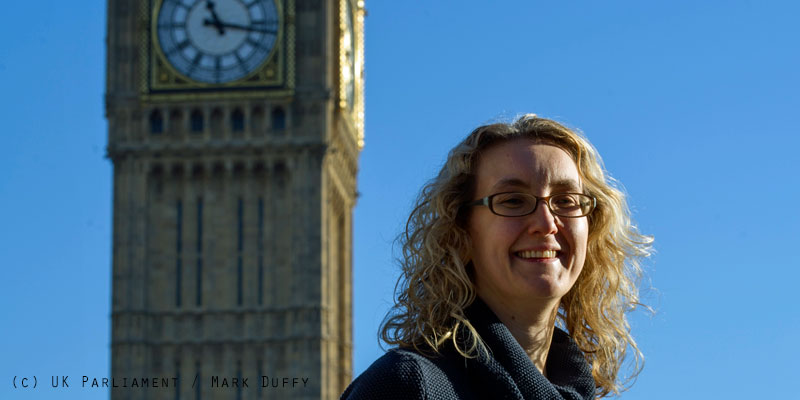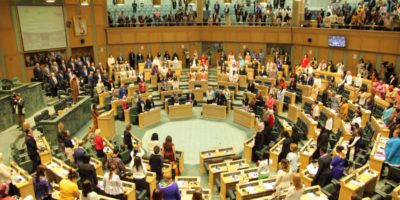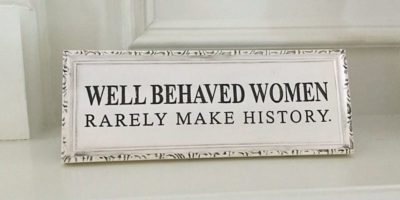Lorna Booth is Head of Economic Policy and Statistics in the House of Commons Library. The Library proves MPs with politically impartial, factual information and analysis to help them do their parliamentary duties. Over seventy researchers from many different backgrounds, including economists, lawyers, statisticians and subject specialists work in the library, and their research is published on Parliament’s website.
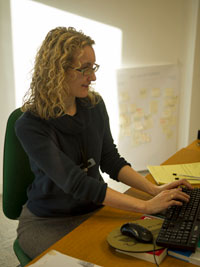
“…We all want and need our democracy to work well. A crucial part of that is ensuring that MPs get the information that they need. This helps them in all aspects of their work – be that developing policy proposals, scrutinising Government, campaigning for changes, or helping their constituents with their individual problems…”
Using analysis and statistics to support Parliament and democracy
Before Parliament, I worked in the Civil Service, in several departments – including the Department of Health, the Treasury and the Department for Business, Innovation and Skills.
I first joined the Civil Service as a Fast Stream statistician, fresh out of my Ph.D. in probability. As I progressed I gradually took on more non-statistical work, while keeping my love of numerical analysis. I moved to Parliament for a mixture of reasons.
The role I moved into was a great fit for my skills and interests – it included statistics, research, analysis and communication on technical topics. I also really valued the chance to work closely with customers – we can see how we’re helping MPs and their staff do their jobs better by giving them the information they need.
I love the variety of the work, and of course, it’s a massive motivation to be supporting Parliament and democracy.
Gathering the data behind the decisions
My typical day involves a mix of tasks. I’ll mostly be working on questions from MPs – these vary hugely. They can be simple or complex, need an immediate answer or be (slightly more) long term. They can involve analysis of numbers or be focused on aspects of policy. They might be about a tiny local area or about the international stage. They might require the very latest information or research into trends over decades or centuries.
While most of my colleagues specialise in particular topics, I take on questions from across my team’s areas – this makes my work particularly varied. In the past few days, for example, I’ve answered questions on trends in aid spending, historical laws, public procurement, import rules and the occupations of people in one part of Wales.
We also publish lots of briefings (these are available on Parliament’s website). These cover topics that MPs need to know about, to help them with various aspects of their role, be that helping their constituents or scrutinising the Government in debates in the House of Commons.
In the past week or two, my team has published information, for example, on topics including the effect of Brexit on infrastructure in Wales, unemployment in each constituency, trade statistics, the state of the economy overall and on the Office for Budget Responsibility. We also blog, which helps get our work out quickly and to a wider audience.
Another key part of my role is being a manager and leader. There are eleven fantastic people in my team, with a range of skills, including economists and statisticians – all are also great communicators. I’m part of a leadership group for the research service, and I work on various projects to help improve what we do. It’s never dull.
Helping democracy to work well
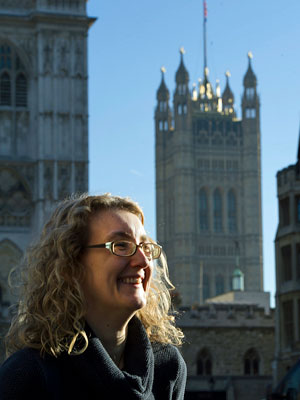
We all want and need our democracy to work well. A crucial part of that is ensuring that MPs get the information that they need. This helps them in all aspects of their work – be that developing policy proposals, scrutinising Government, campaigning for changes, or helping their constituents with their individual problems. There’s a wider benefit too – sometimes it’s hard to find reliable information on the big issues, but anyone can read our briefings – not just MPs – and get an impartial, factual take on what’s happening in the world.
Data sources
We have certain sources we use a lot – particularly official statistics, government documents and parliamentary information (such as the answers to questions asked of Ministers).
We also practiced in hunting out new sources of information and assessing them – looking at their reliability and usefulness in answering whatever question it is that we’re trying to answer. We’ll use all sorts of sources, be they academic, think tanks, international databases, etc., etc.
Maintaining impartiality of information
Impartiality is an absolutely core value for us – not least because we need to be trusted by politicians of all stripes.
We dig deeply into the information we use, to understand its limitations and biases. We think hard about how we present information, ensuring we include explanations of any ways in which the data may be partial or misunderstood. We review each other’s work and give each other feedback to ensure that we’re maintaining high standards of accuracy and impartiality, while still focusing on customer needs.
Influence of Open Data
We’re keen users of the additional data that is now being published – for example to dig into the details of the Government’s contracts and other spending.
Some of my colleagues have also done great work using open data to produce statistics for constituency areas – which are key for MPs – for example producing figures on broadband coverage and speeds.
Advice to women and girls who are interested in working with data
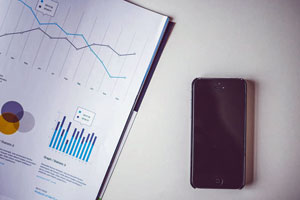
I’d also strongly emphasise the need for great communication skills – there’s no point doing fantastic analytical work if nobody’s going to use it, because nobody understands it or its implications.
There are all sorts of interesting careers in data analysis and research, across the public sector and in all sorts of businesses. It’s also brilliant for the curious mind – working on data means that you’ll always have the chance to explore new areas and discover new things.
Ongoing projects and priorities
As you might expect, there’s a lot of work around Brexit right now – and that’s going to be a big theme for a good few years yet.
We’ve published a whole lot of analysis, of the process and of possible impacts in particular policy areas. You can see what we’ve produced on our website – we have a page called Brexit: the next steps for the UK’s withdrawal from the EU, which includes key information on what could happen next. And finally, a really easy way to find out more about our work is to follow us on Twitter @commonslibrary.
http://researchbriefings.parliament.uk/
https://twitter.com/commonslibrary
https://www.facebook.com/ukparliament/
https://www.instagram.com/ukparliament/

